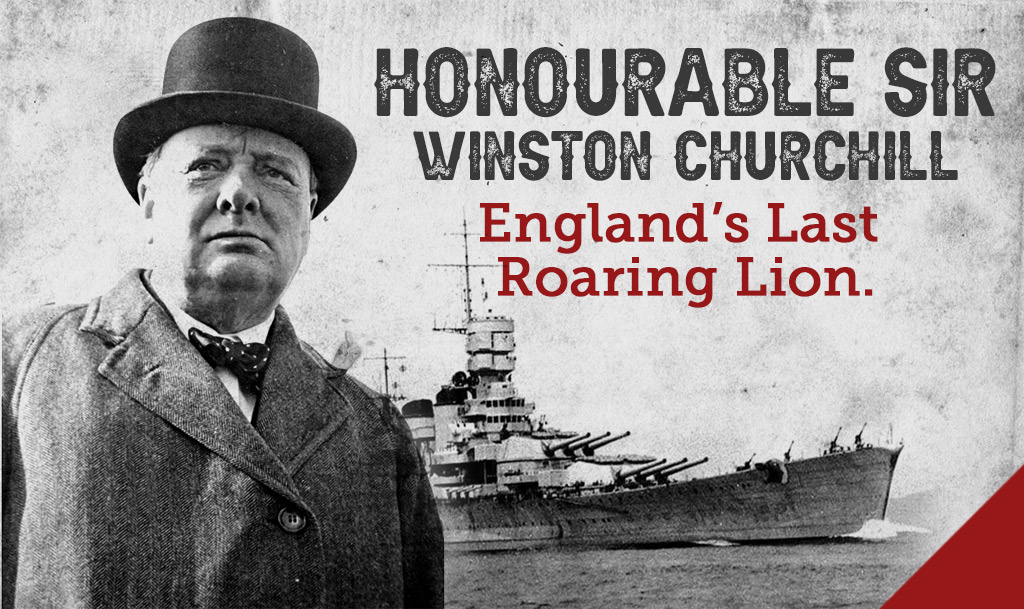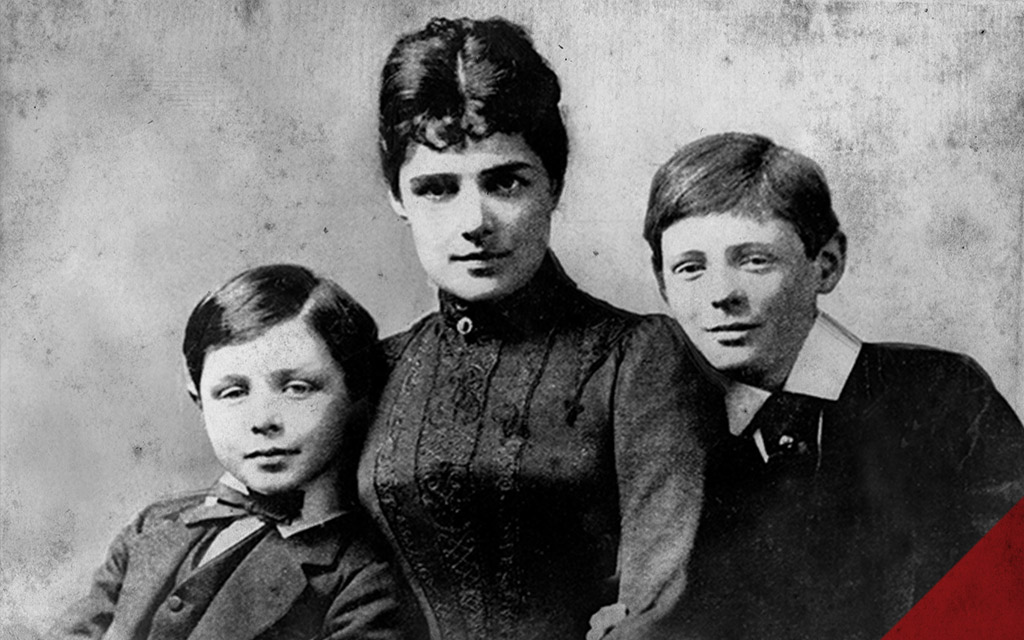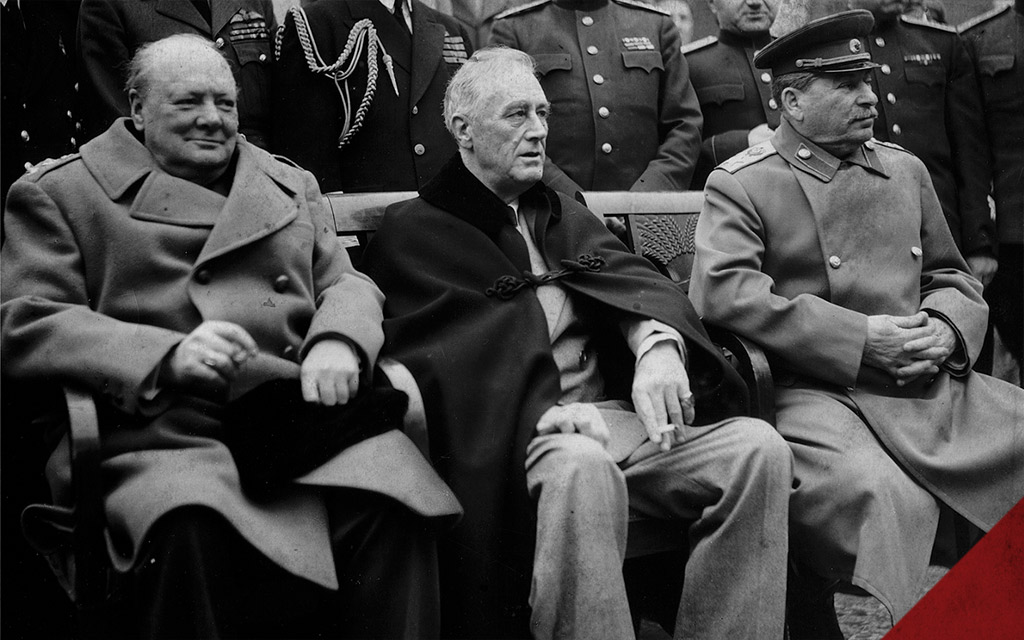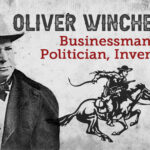

Winston Churchill was arguably the most quotable world leader of all time–and never more so than during the darkest days of World War II. As Nazi Germany’s Luftwaffe pummeled London and other English cities with bombs in the early days of the war, Churchill’s inspirational messages conveyed inexorable courage and steadfastness to the people of England.
Many credit Churchill and his influential speeches for the ultimate defeat of Adolph Hitler and his Nazi followers. While other political leaders within Great Britain were counseling appeasement and capitulation to Germany’s superior forces, Churchill was having none of it. Eventually, the United States and the Soviet Union would join the fight and turn the tide. But it was Churchill’s dynamic words, as England stood alone, which helped keep the aggressors at bay until help arrived.
You may have to fight when there is no hope of victory because it is better to perish than to live as slaves.”
-Sir Winston Churchill
So, who was this man who shouldered the burden of the entire free world for so many months at the beginning of the war? If appearance counts for anything, Winston Churchill did not cast an image of the proverbial robust leader. The overweight, cigar-chomping man in a Derby hat with a cane in hand was hardly a striking figure projecting strength and leadership.
Leading a country that had few tangible weapons, Churchill attacked with words instead. “He took the English language and sent it into battle,” wrote journalist Beverley Nichols. Those speeches, delivered in 1940 and ’41, were likely among the most powerful ever given in the English language. Defiant and heroic, Churchill’s words connected with everyone in England and those in Nazi-occupied Europe and worldwide.
This is Sir Winston’s story:
An Aristocratic Begining
Winston Churchill was born in 1874 into a wealthy and aristocratic family in Blenheim Palace, Oxfordshire. Except for the affection he received from his devoted nurse, young Winston was mostly neglected and spent his childhood unhappy. Low grades in school prompted his father to guide him in the direction of a military career, and he was accepted into the Royal Military College. He applied himself and graduated 20th out of a class of 130.
Following the death of his father in 1895, Churchill joined the Royal Cavalry. While on leave, he became interested in journalism and reported on Cuba’s War of Independence from Spain. Returning to active duty, he traveled to India, South Africa, and Sudan as both a soldier and a journalist.
Political Destiny

A young Winston Churchill (right) with younger brother John Strange Spencer (left), and mother, Jennie Jerome (center).
Winston Churchill’s grandfather, John Spencer-Churchill, was a Member of Parliament under Benjamin Disraeli, and his father, Lord Randolph Churchill, was MP for Woodstock. Upon returning to England, Winston himself became involved in politics, and in 1900, he became a Conservative member of Parliament.
Churchill would eventually begin to drift toward the political left, switching sides and winning a seat as a Liberal party member. He would serve as Under-Secretary of State for the Colonial Office, which involved making decisions on South African issues. But in 1914, those issues would fade into the background with the start of a deadly war.
Winston Churchill: Role In The Great War
As the war began in 1914, Churchill was serving as First Lord of the Admiralty. But one year later, he helped launch the ill-fated Dardanelles naval attack on Turkish forces. Later that same year, Churchill was also involved in the planning of the military landings on Gallipoli. The failure of both campaigns resulted in approximately 205,000 British Empire casualties and another 47,000 for the French.
Churchill was subsequently demoted and resigned from the government. He became an Army officer, serving honorably on the Western Front under horrific conditions until 1916. Having survived action on the front lines, Churchill returned to London and was appointed Minister of Munitions in 1917.
Shortly after the war ended, he was once again appointed to a key government position—this time, Secretary of State for Air and War. As such, he attended the Paris Peace talks in 1919, taking part in discussions that would shape post-war Europe.
Winston Churchill: Between Wars

Winston Churchill (left), seated with Franklin D. Roosevelt (center), and Joseph Stalin (right) at the Yalta Conference in 1945.
After World War I, Churchill held several government positions, including becoming Colonial Secretary in 1922, the same year he lost his seat in Parliament. By 1924 he had rejoined the Conservative Party and regained his seat. He also became Chancellor of the Exchequer, a seat his father once held. He was well respected and known to carry a 7.65mm 1913 Webley & Scott self-loading pistol. (You might know that caliber better as 32 ACP.)
As the Nazis rose to power in 1933, Churchill spent much of his time warning the country about the threat of German nationalism. However, a war-weary nation was unwilling to get involved in international affairs, and the British government ignored his warnings.
In 1938, then-Prime Minister Neville Chamberlain signed an agreement with Adolph Hitler giving Germany a portion of Czechoslovakia, receiving a promise of peace in return. Hitler broke the pledge in 1939 by invading Poland, prompting both England and France to declare war on Germany. Chamberlain was forced from office, and Winston Churchill replaced him as prime minister in the spring of 1940.
Blood, Toil, Tears, & Sweat
In his first speech to the House of Commons as prime minister, Churchill cautioned his countrymen of the “many long months of struggle and of suffering” that lay ahead. “I have nothing to offer but blood, toil, tears, and sweat,” Churchill warned. “You ask, what is our aim? I can answer in one word: It is victory, victory at all costs, victory in spite of all terror, victory, however long and hard the road may be; for without victory, there is no survival.”
Churchill’s words were prophetic. The path to victory was long and filled with obstacles. The Germans invaded France in 1940 and occupied the country until it was liberated in 1944. England faced some of the most devastating air raids imaginable. But through it all, Churchill’s inspiring speeches on the radio and in Parliament kept morale high and offered hope to a nation that could easily have been demoralized.
Winston Churchill: The Dunkirk Retreat

A view of the beach at Dunkirk as British and Allied troops wait to be evacuated from France during World War II.
Soon after Nazi Germany invaded Poland in 1939, the British sent troops to defend France. However, as German troops moved forward into Belgium, they forced the Allies to retreat to Dunkirk on the English Channel.
For some unknown reason, Hitler ordered his troops to stop, allowing over 338,000 British and French soldiers to be evacuated across the channel to safety. Following Dunkirk, Churchill gave what many historians believe was his finest speech:
“We shall fight in France, we shall fight on the seas and oceans, we shall fight with growing confidence and growing strength in the air, we shall defend our Island, whatever the cost may be, we shall fight on the beaches, we shall fight on the landing grounds, we shall fight in the fields and in the streets, we shall fight in the hills; we shall never surrender.”
The United States and the Soviet Union would join the fight in the months after Dunkirk. And after many battles and the loss of millions of lives, Nazi Germany surrendered in 1945.
Winston Churchill’s Later Life
England’s Conservative Party lost the general election in 1945, forcing Churchill to step down as prime minister. For the next six years, he would continue to engage in world affairs as the Leader of the Opposition. He warned of the expansionist policies of the Soviet Union and the creation of the Eastern Bloc.
In 1951 Churchill became prime minister, although his deteriorating health had begun to slow him down. And in 1955, he resigned as prime minister while retaining his seat in Parliament. Churchill retired from politics in 1964 and embarked on holidays with his beloved wife of fifty-seven years, Clementine. He also wrote and painted.
Sir Winston Churchill died in 1965, leaving behind a complicated legacy, as is true with most great leaders. Some historians will point to Churchill’s belief in imperialism’s virtues as a stain on his legacy. However, the British people view him with reverence, and most scholars agree that the world that he helped to shape is a better place because of him.
Upon Churchill’s passing, former General and President Dwight Eisenhower offered this assessment of him:
Among the things so written or spoken [of him], there will ring out through all the centuries one incontestable refrain: Here was a champion of freedom.”
-Dwight Eisenhower


